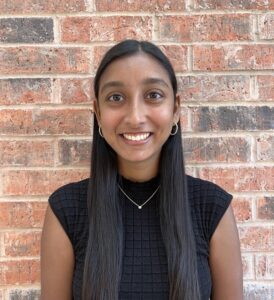
Anisah Ahmed
MS, RD, LD
Licensed in TX
SIGN UP FOR OUR FREE FORT WORTH: WALK WITH YOUR DIETITIAN AND FRIENDS EVENT HERE!
Order HSA/FSA eligible dietitian-designed meals now. Learn More
Our Dietitian-Approved Personalized Meal Plans - Ready for You to Start!!
Our Dietitian-Approved Personalized Meal Plans — Ready for You to Start! Learn More
901 S MoPac Expy, Building 1, Suite 300, Austin, TX 78746
101 Summit Ave, Suite 907,
Fort Worth, TX 76102
17060 Dallas Parkway, Suite 112, Dallas, TX 75248
771 East Southlake Blvd, Suite 106, Southlake, TX 76092
Arizona
Arkansas
California
Colorado
Delaware
Illinois
Iowa
Michigan
Oklahoma
Pennsylvania
South Carolina
Texas
Utah
Virginia
Wisconsin
901 S MoPac Expy, Building 1, Suite 300, Austin, TX 78746
101 Summit Ave, Suite 907,
Fort Worth, TX 76102
17060 Dallas Parkway, Suite 112, Dallas, TX 75248
771 East Southlake Blvd, Suite 106, Southlake, TX 76092
Arizona
Arkansas
California
Colorado
Delaware
Illinois
Iowa
Michigan
Oklahoma
Pennsylvania
South Carolina
Texas
Utah
Virginia
Wisconsin
In the United States alone, 9% of the population, or 28.8 million Americans, will have an eating disorder during their lifetime. While eating disorders come in many shapes and sizes, what they all have in common is how they disrupt your life and damage your relationship with food.
Our disordered eating and eating disorder Registered Dietitian Nutritionists at Doherty Nutrition use the counseling principles of Intuitive Eating, Health at Every Size, weight-inclusive care and medical nutrition therapy to guide you on a path to food freedom and body liberation. Whether you’re struggling with body image, relationship with food or other food-related issues, we’re here to help you in your food journey and to start or continue your eating disorder recovery.
Everyone’s experience with food can look different. Consider reaching out to a Registered Dietitian if you’ve experienced any of the following challenges:
Doherty Nutrition is here to help renew your relationship with food and properly fuel your body. Our Registered Dietitians are excited to aid you on a recovery journey that fits your exact needs. Together, we can help you:
Disordered eating and eating disorders can come in many forms — Doherty Nutrition has the tools, knowledge and resources to help anyone experiencing any of the following conditions:
What is Anorexia Nervosa?
Anorexia nervosa (AN) is a condition in which a diet is purposefully restricted to control body weight and shape. Individuals with AN may meticulously count their calories or purposefully skip meals. If this sounds like your current experience, Doherty Nutrition can pair you with a compassionate dietitian for anorexia. They will help educate you on what is nutritionally essential for your body and debunk false nutritional information.
What is ARFID?
Avoidant or restrictive food intake disorder (ARFID) is often confused with picky eating in children. However, ARFID will cause someone not to eat enough because they have a sensory issue with the food, including taste, texture, color or smell. Our dietitians use the food-chaining method to start with foods you like and gradually introduce foods you want to eat.
What is Binge Eating Disorder?
Binge eating disorder is when someone consistently eats past the point of uncomfortable fullness due to a lack of control over eating. This condition is the most common eating disorder in people of all ages, genders, races and weights. A registered dietitian can help identify triggers for binge eating and teach you coping mechanisms to honor hunger and fullness cues from your body.
What is Bulimia Nervosa?
Bulimia nervosa (BN) is when a binge eating disorder is followed by compensatory behaviors to purge the recent intake of calories. Compensatory behaviors can be anything from vomiting, laxative use, excessive exercise or fasting periods. A dietitian or eating disorder specialist can help you break this constant cycle, challenging and replacing unhealthy behaviors with healthy strategies.
Disordered eating or eating disorders can go beyond the traditional understanding of the condition. Some additional ways disordered eating or eating disorders are prevalent in our community include:
An urgent need to exercise to compensate for what was eaten. This is not an eating disorder itself, but it is often accompanied by or a symptom of an eating disorder.
When a person with insulin-dependent diabetes restricts insulin doses to control weight and body.
Any traits of any eating disorder without having a diagnosis. Most people eat in a disordered way at multiple stages in their lives, including chronic dieting, emotional eating, or fear of certain foods.
Fixating on and only eating foods deemed “healthy” to a detrimental degree — someone may compulsively check ingredients or nutrition facts labels, increasingly cut out food groups or obsess over the “health” of foods.
A “catch-all” category that covers any atypical presentation of an eating disorder that would prevent it from being diagnosed as such.
Characterized by the eating of non-food substances, such as brick, paper or chalk. It may be the result of nutritional deficiencies or psychotic illness.
When an individual’s energy intake is insufficient to support their energy expenditure, leading to impaired metabolic rate, bone health, immunity, protein synthesis or cardiovascular health.
The regurgitation of food where food may be repeatedly chewed, swallowed or spit up.
Are you ready to take the next step toward recovery? Schedule an appointment with us today!

MS, RD, LD
Licensed in TX
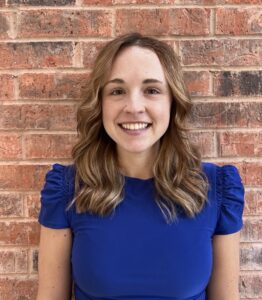
MS, RD, LD
Licensed in TX
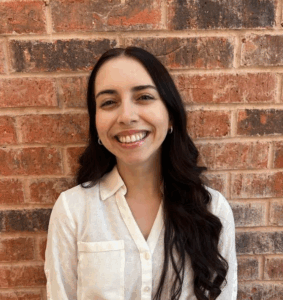
MCN, RD, LD
Habla Español
Licensed in TX
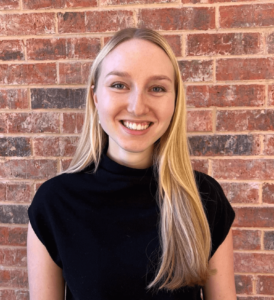
MS, RD, LD
Licensed in TX
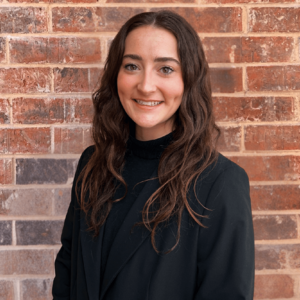
MS, RD, LD
Licensed in IL & TX
Business Development RDII

MS, RD, LD
Licensed in TX
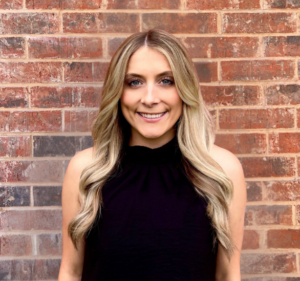
RD, LD
Licensed in IL, TX, WI
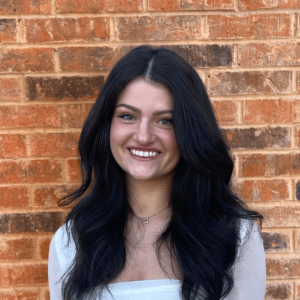
RD, LD
Licensed in TX & IL
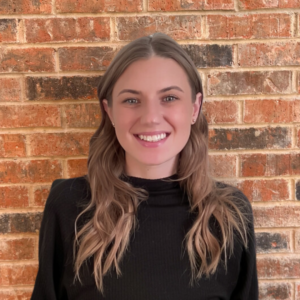
MS, RD, LD
Licensed in TX

RD, LD
Licensed in TX
Senior Dietitian: Eating Disorder Specialist
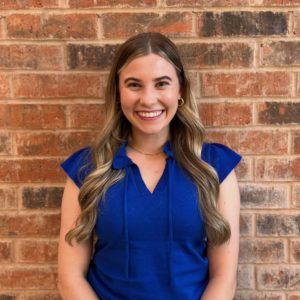
RD, LD
Licensed in TX
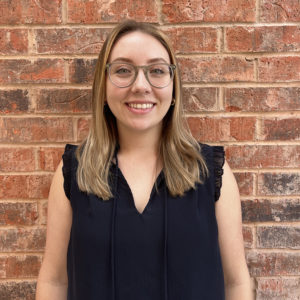
RD, LD
Licensed in TX & PA
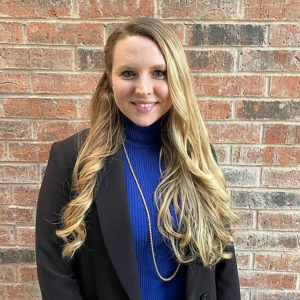
MCN, RD, LD
Licensed in TX
Business Development Senior RD
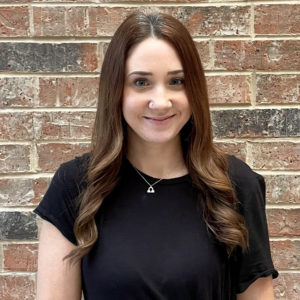
MBA, RD, LD
Licensed in IL, TX, & UT

RD, LD
Habla Español
Licensed in TX
Business Development Manager
Many insurance plans do cover nutrition counseling, either at 100% or with standard copays/deductibles. Doherty Nutrition is in-network with most major providers. Coverage varies by plan and provider, so we recommend you verify your insurance benefits!
We offer in-person nutrition counseling at our offices in Texas (Austin, Fort Worth, North Dallas, Southlake) and Illinois (Chicago). We also offer telehealth services in 15 states, including Arizona, Arkansas, California, Colorado, Delaware, Illinois, Iowa, Michigan, Oklahoma, Pennsylvania, South Carolina, Texas, Utah, Virginia, and Wisconsin.
The RD will ask you a lot of questions so that they can get to know you better. These questions include your past medical history, diet history, and relationship with food. After getting to know you, they will tailor recommendations and meal plans based on your individual journey!
An eating disorder is a clinically diagnosed condition, such as anorexia or bulimia, which significantly interferes with your physical and emotional well-being. Disordered eating has many of the same traits as an eating disorder, but doesn’t meet diagnostic criteria; it can include patterns like chronic dieting or distress around food or exercise.
Your dietitian can’t provide an official diagnosis. However, we can recognize and point out certain tendencies that may warrant evaluation. We can work with or refer you to a psychiatrist or doctor who can provide a formal evaluation and diagnosis.
There is no set timeframe for recovery from an eating disorder. It all depends on the type of eating disorder, the severity, and the individual person.
We’d love to work with you! You can fill out our request counseling form to tell us more about you so we can pair you with the right dietitian. If you already know who you’d like to work with, you can book directly online.


Note: This page is not meant to be a diagnosis tool.
Subscribe to the Doherty Digest
Click here to get access to our latest handouts, dietitian tips, and learn what’s new at DN.
Subscribe to the Doherty Digest
Click here to get access to our latest handouts, dietitian tips, and learn what’s new at DN.